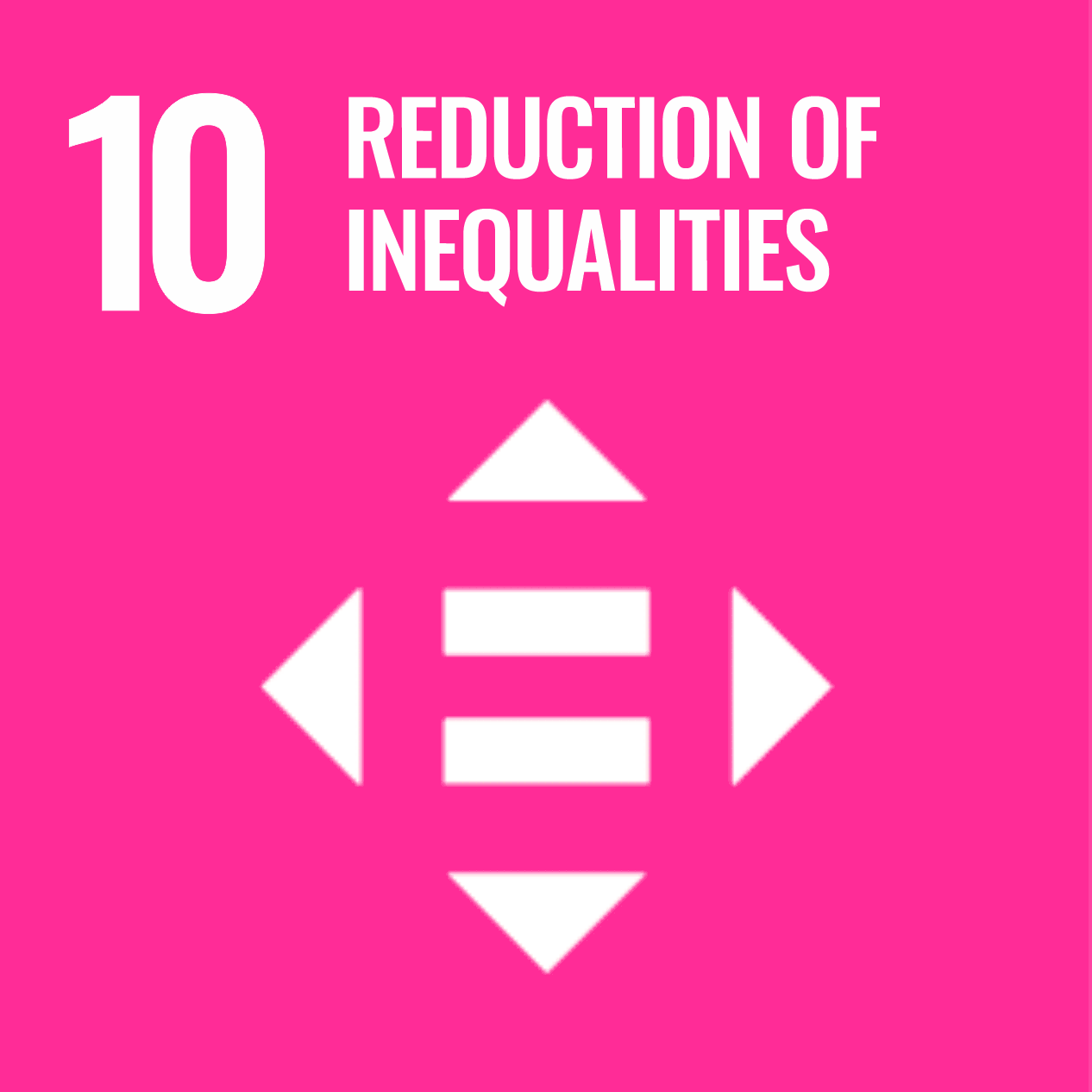ADI 7013
Claim of Non-Compliance with a Fundamental Precept
Reporting Minister: Cármen Lúcia
This action also received the following seals:


CONTEXT
“In 2020, there was one femicide every six and a half hours in Brazil, according to the Brazilian Forum on Public Security’s annual report. That same year, the country reached the highest number of deaths caused by public security agents since the Forum began monitoring them in 2013. Despite this alarming scenario, the Federal Government issued a decree in 2021 eliminating the indicators of femicide and deaths caused by state agents from the National Public Security Plan. These deaths were then classified generically as ‘violent deaths.’”
LAWSUIT
The lawsuit pointed out that the removal of these indicators hinders the adoption of public policies aimed at protecting women and low-income black youth, representing a severe social setback and insufficient protection for vulnerable groups, in violation of fundamental rights to life and public security (Articles 5, 144, 227, and 230 of the Constitution) and the principle of human dignity (Article 1, III of the Constitution). The lawsuit also noted the unacceptable social regression in security matters and the disrespect for administrative principles of efficiency and motivation (Article 37 of the Constitution).
RESULT
The Supreme Court acknowledged that the removal of the data “makes it impossible to investigate and take action against two of the most serious problems faced by Brazilian society” and ordered the reinclusion of the indicators in the National Public Security Plan.
IMPACT

Attorney Rafael Carneiro, who worked on the case, stated that the Supreme Court was attentive to the defense of fundamental rights. “The Federal Supreme Court recognized that making the indicators of femicide crimes, as well as those committed by security forces, invisible means regressing in the protection of vulnerable groups’ rights…” he declared.
ADI 5911
Claim of Non-Compliance with a Fundamental Precept
Reporting Minister: Nunes Marques
This action also received the following seals:




CONTEXT
Law 9.263/1996 (Family Planning Law) imposed certain conditions for voluntary sterilization – requiring the consent of the spouse, being over 25 years old, or having at least two children – making it difficult for women to exercise their reproductive rights.
LAWSUIT
The lawsuit argued that these requirements violated women’s reproductive rights, especially for those in lower-income groups, who often bear the burden of an unplanned pregnancy alone. Thus, the law went against the principle of human dignity (Article 1, III, of the Constitution). Furthermore, it was argued that the government cannot intervene in strictly personal matters, such as the decision whether or not to have children and how many, due to the rights to individual freedom and private autonomy (Article 5 of the Constitution).
RESULT
After the suit was filed, the National Congress amended the Family Planning Law, removing the requirement for spousal consent for sterilization. The minimum age was also reduced to 21 years. The case is still pending before the Supreme Court to assess the requirements for having at least two children and the minimum age of 21, instead of applying the legal age of majority (18 years).
IMPACT

Attorney Rafael Carneiro, who signed the lawsuit, emphasized that conditioning decisions about reproductive rights on the spouse’s authorization can, in practice, mean a lack of control by women over their own bodies – and their own lives. “This action raises a very serious issue: the situation of women who, exposed to unwanted pregnancies, are forced to bear, often alone, all the psychological, economic, and social consequences that follow. Can’t these women decide for themselves what to do with their own bodies, whether they want to have children or not?” he questioned.

